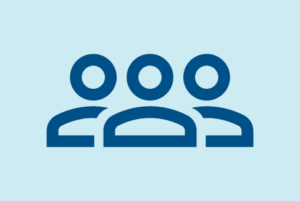What’s happening: At its June 9 meeting, the Office of Health Care Affordability (OHCA) board discussed the office’s first baseline report, which highlights that total health care expenditures grew by 8.2% (from $378 billion to $409 billion) from 2022 to 2023.
This content is restricted to members.


